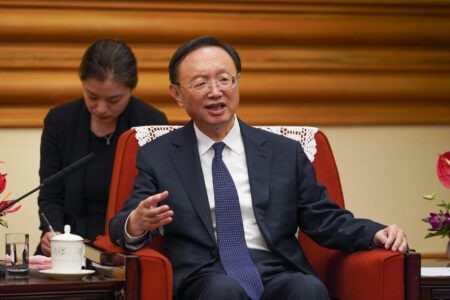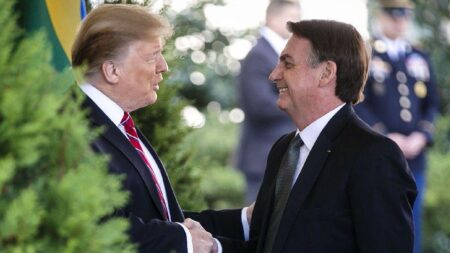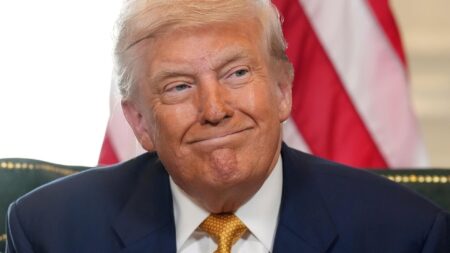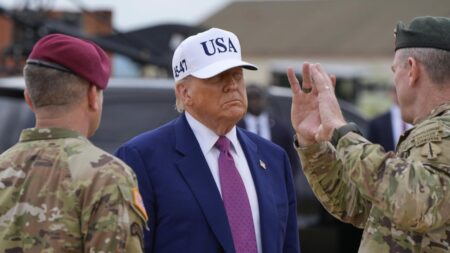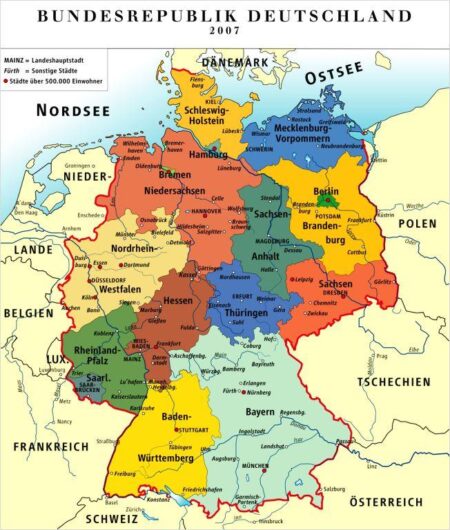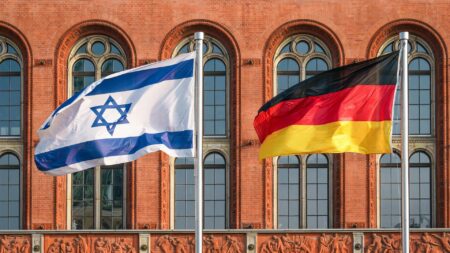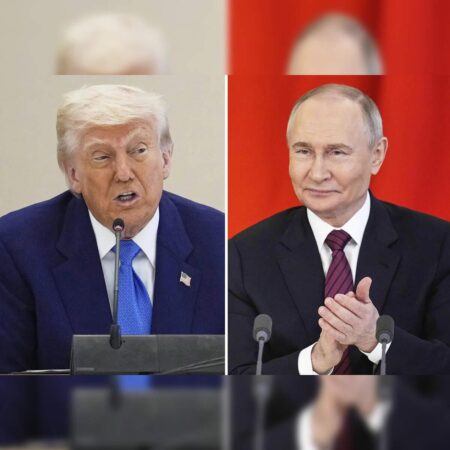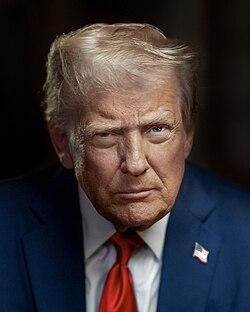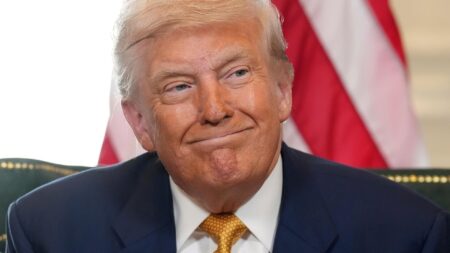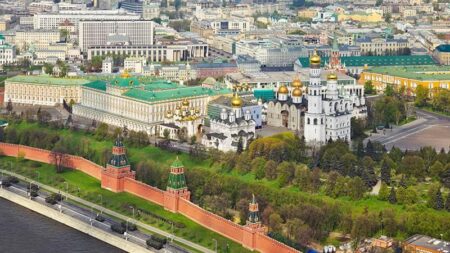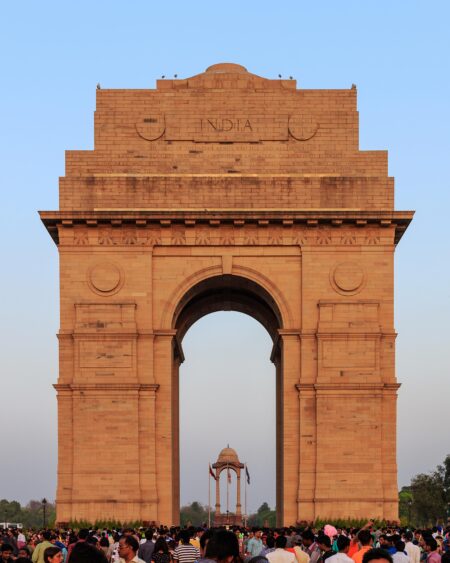Canada is boldly charting a course through global challenges by strengthening its trusted alliances with key partners. By revitalizing these enduring bonds, the nation is not only securing its place but also amplifying its impact on the dynamic world stage
Browsing: foreign policy
Exclusive: China has taken the extraordinary step of arresting a senior diplomat accused of aiding U.S. relations, further heightening the already tense atmosphere between the two nations. As reported by The Wall Street Journal, this unusual move against a high-ranking official marks a significant escalation in diplomatic hostilities
In a daring move, Trump’s recent critiques of Brazil highlight his relentless America First agenda, putting fierce competitiveness ahead of conventional diplomacy. This strategy is designed to fiercely protect U.S. interests amid the ever-changing landscape of global alliances
Donald Trump’s recent policies and rhetoric risk unraveling 25 years of carefully built U.S.-India relations, experts warn. The Carnegie Endowment highlights the potential long-term impact on both strategic alliances and economic collaboration
Former President Trump’s meeting with Vladimir Putin ignites pivotal questions about the future of the Ukraine war and reshapes his political legacy. This high-stakes encounter could transform global diplomacy and change the trajectory of U.S. foreign policy forever
Germany, long known for its steadfast resistance to EU pressure on Israel, has now made a bold move by suspending arms shipments amid escalating tensions. This landmark decision marks a significant shift in Berlin’s stance, reflecting growing European concern over the intensifying conflict
Israel has sharply condemned Germany’s recent arms embargo, accusing Berlin of undermining their vital defense partnership. This move escalates growing tensions over regional security and strategic cooperation
Canada has unveiled bold plans to officially recognize Palestine as a state, joining the U.K. and France in this historic step. This decision signals a major shift in Canada’s Middle East policy, reflecting a strong commitment to advancing peace efforts
Former President Donald Trump could be sitting down with Russian President Vladimir Putin as soon as next week, a White House official told AP News. Details of this potential meeting are still being finalized
Trump ramps up trade tensions with Canada following their recent stance on Palestine, Reuters reports. This move marks a new and challenging chapter in U.S.-Canada relations amid the evolving Middle East diplomatic crisis
South Korea has just sealed a groundbreaking trade agreement with the United States, ushering in an exciting new chapter of economic partnership. Announced by CSIS, this deal promises to supercharge exports, cut tariffs dramatically, and elevate the strategic alliance between these two global giants to unprecedented heights
Former President Trump’s previously strong connection with India has significantly cooled, as recent policy disagreements and diplomatic tensions usher in a new era for U.S.-India relations, reports The Wall Street Journal
China is carefully charting a delicate course in Ukraine, aiming to foster stability and strengthen economic ties-all while skillfully avoiding direct confrontations with the West amid escalating geopolitical tensions
The UK government is preparing to officially recognize Palestinian statehood, signaling a bold and historic shift in its Middle East policy, officials revealed to Courthouse News Service. This groundbreaking move has the potential to reshape peace negotiations and redefine diplomatic ties across the region
Canada has taken a bold step by announcing it will recognize a Palestinian state-mirroring the UK’s move-but with specific conditions attached. This cautious change in diplomatic policy unfolds against the backdrop of rising tensions in the Middle East, Sky News reports
Canada and Malta are on the brink of recognizing the Palestinian state, joining France-and potentially Britain-in a groundbreaking diplomatic move. This bold development signals growing international support for Palestinian statehood amid ongoing tensions
The Kremlin has revealed that a meeting between President Vladimir Putin and former U.S. President Donald Trump at the upcoming China summit “cannot be ruled out,” igniting excitement and sparking intense speculation about potential high-stakes diplomatic talks
India has resumed issuing visas to Chinese nationals after a five-year freeze, signaling a promising step toward revitalizing bilateral ties. This move aims to deepen people-to-people connections and spark enhanced economic collaboration between the two countries
In a daring and visionary diplomatic feat, one man turned a humble space into a vibrant, fully functional embassy in India, pioneering fresh and imaginative ways to shape the future of international relations
Germany and Italy have announced they do not intend to recognize Palestinian statehood at this time, emphasizing their dedication to diplomatic solutions and maintaining regional stability amid the escalating tensions in the Middle East, according to Middle East Eye


